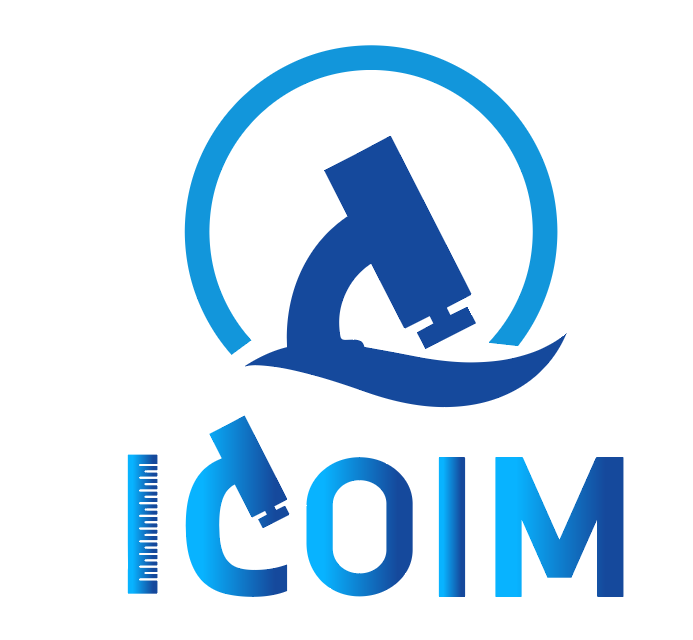

Prof. Liangcai Cao
Presentation title:
Lensless imaging using compressive sensing and deep learning
Liangcai Cao
Department of Precision Instrument
Tsinghua University
Abstract: Lensless diffractive imaging records diffraction patterns without using lenses and recovers the complex field of object via holography or phase retrieval. The typical phase retrieval algorithms are very robust but still have limited noise suppression and long iteration time in some special cases. A challenging inverse problem remains due to the low reconstructed signal-to-noise ratio. We developed a couple of computational imaging algorithms using compressive sensing and deep learning. Compressive sensing algorithms could greatly filter the noises away from the target image and improve the resolution of imaging in digital holography. Meanwhile, we proposed single-shot lensless imaging with a Fresnel zone aperture and incoherent illumination. By using the Fresnel zone aperture to encode the incoherent rays in wavefront-like form, the captured pattern has the same form as the inline hologram. The reconstruction with a significantly improved signal-to-noise ratio from a single-shot image promotes a camera architecture that is flat and reliable in its structure and free of the need for strict calibration. We also presented a prototype of a lensless camera that uses a deep neural network (DNN) to realize rapid reconstruction for Fresnel zone aperture imaging. Blur caused by diffraction is shown to have been ameliorated by broadband imaging model, while the computing time is 2 orders of magnitude faster than the traditional iterative image reconstruction algorithms.
Short Biography:
Liangcai Cao received his BS/MS and PhD degree from Harbin Institute of Technology and Tsinghua University, in 1999/2001 and 2005, respectively. Then he became an assistant professor at Department of Precision Instruments, Tsinghua University. He is now a professor and director of the Institute of Opto-electronic Engineering, Tsinghua University. He was a visiting scholar at UC Santa Cruz and MIT in 2009 and 2014. His current research interests are holographic imaging and display. He is SPIE fellow and OSA fellow.
